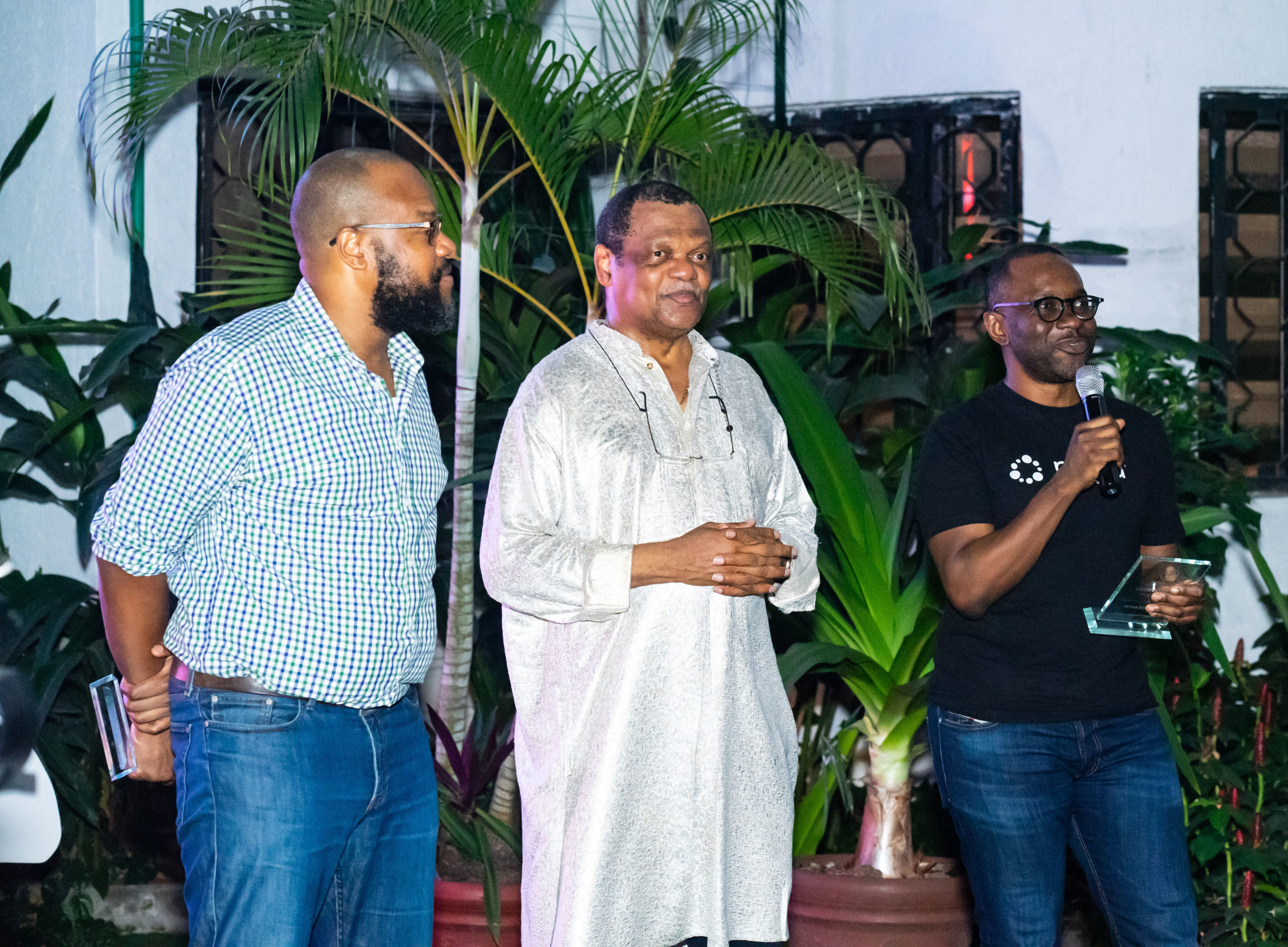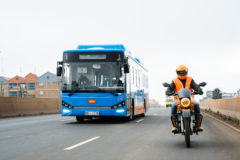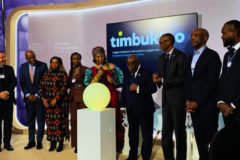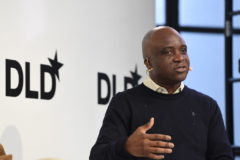At the Endeavor Nigeria annual gathering in January, Halima Aliko Dangote walks in with her father who is introduced to a group of Flutterwave volunteers from MIT Sloan.
Doing the honours is Bolaji Balogun, a 90’s veteran of First City Monument Bank, and CEO of Chapel Hill Denham, a Lagos-based investment consultancy. The Dangotes’ arrival is acknowledged by Atedo Peterside, another African banking veteran who chairs Endeavor Nigeria’s board.
The annual gathering was a medium for celebrating the valuable impact Endeavor entrepreneurs were creating in the Nigerian economy. Taking time out of their busy schedules, board members, mentors, and entrepreneurs converged to highlight and reinforce commitments to build lasting mission-driven businesses.
A network of high-impact entrepreneurs
At one end of the garden is Tayo Oviosu, Paga’s co-founder and CEO. At another end is Bukky George whose chain of HealthPlus stores now number more than 90 across Nigeria. Oviosu and George are two of eleven Nigerian founders in the Endeavor network of entrepreneurs.
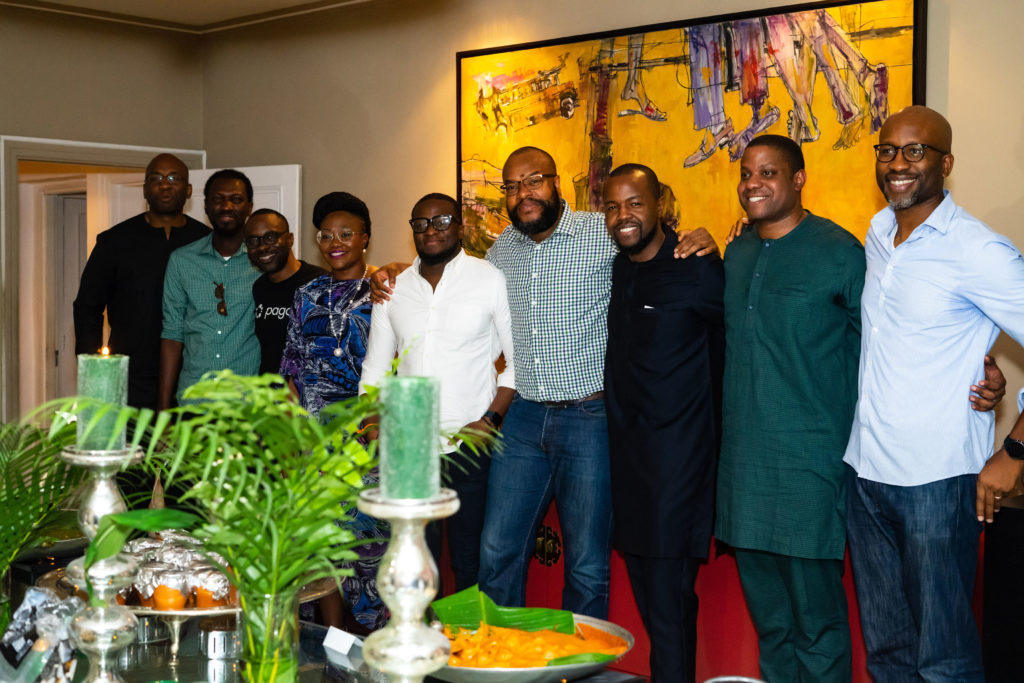
Endeavor was founded in 1997 by Linda Rottenberg, an American business woman. Her idea was to create a platform that identifies and propels entrepreneurs whose companies have capacity for “high impact”.
The organisation now operates in 38 ‘markets’ including Argentina, South Africa, Italy, the Philippines and seven states in the US.
The Nigerian office opened in 2018. Eloho Gihan-Mbelu, the managing director, leads a team of five people responsible for seeking out new entrepreneurs to join the network. The process is rigorous, she tells me, but the access to global capital and customers that comes with belonging justifies membership for entrepreneurs and communities they serve.
The latest example is Flutterwave. Endeavor Catalyst, the venture investment arm of the network, invested $2 million in the fintech’s Series B round, Gihan-Mbelu confirms to me. That could only happen because Flutterwave’s CEO Olugbenga Agboola and Ife Orioke, the Chief Commercial Officer, are both Endeavor entrepreneurs.
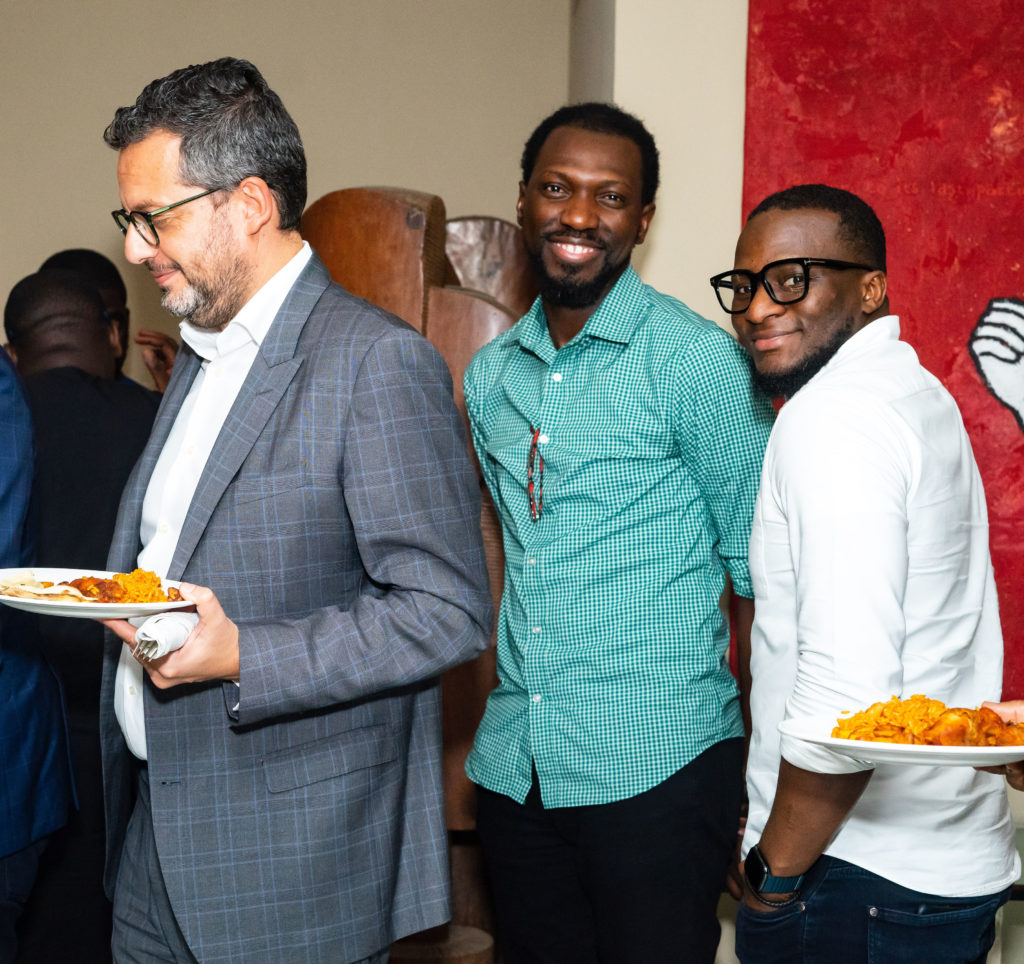
Endeavor’s proposition, therefore, is that you get to roll with the best if you gain the ‘Endeavor Entrepreneur’ badge of honor. What does it take?
Search, Select, Scale-up
High-impact entrepreneurs, in Endeavor’s understanding, build ecosystems of innovation where none existed. That designation ostensibly describes the founders of the seven companies in Endeavor Nigeria’s network – Paga, Flutterwave, HealthPlus, AZA, Carbon, Cars45 and FilmHouse.
In 2020, Endeavor aims to add between four and six companies to this list. (Update: energy startup Daystar Power has joined the network)
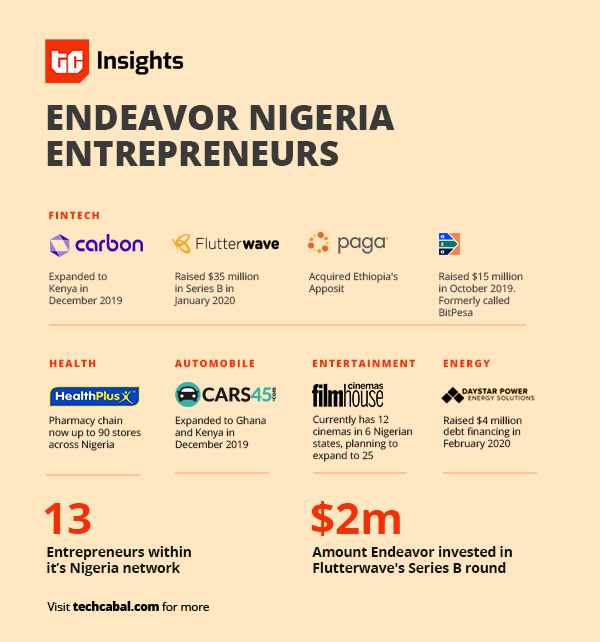
Just as HealthPlus is not a tech company, Gihan-Mbelu says they look beyond fintech to a diversity of sectors like logistics. It was therefore interesting that Obi Ozor, who’s positioning Kobo360 to acquire the Nigerian Railway Corporation, was a notable non-Endeavor entrepreneur at this dinner.
To be sure, entrepreneurs cannot apply to join the network. Instead, Endeavor Nigeria’s entrepreneur selection and growth associates scan the field for worthy candidates.
The first of the four-stage process involves interviews by Gihan-Mbelu’s team to assess candidates’ viability. After that, Endeavor Mentors conduct multiple interviews to probe the business’s strategy, innovation, growth potential, and entrepreneurs’ personal qualities.
[Read: Microtraction’s strategy for investing in ‘remarkable’ startups]
Akintunde Oyebode, an investment and trade adviser to the Governor of Ekiti state in South West Nigeria, is one of about thirty Endeavor Nigeria mentors.
Oyebode joined the network in 2018 and sees it as an opportunity to “give back” and help develop quality entrepreneurship in Nigeria. He brings insight from his former role heading the Lagos state Employability Trust Fund where he assessed startups for viability. Oyebode was recruited by invitation and his role as a mentor is an unpaid one.
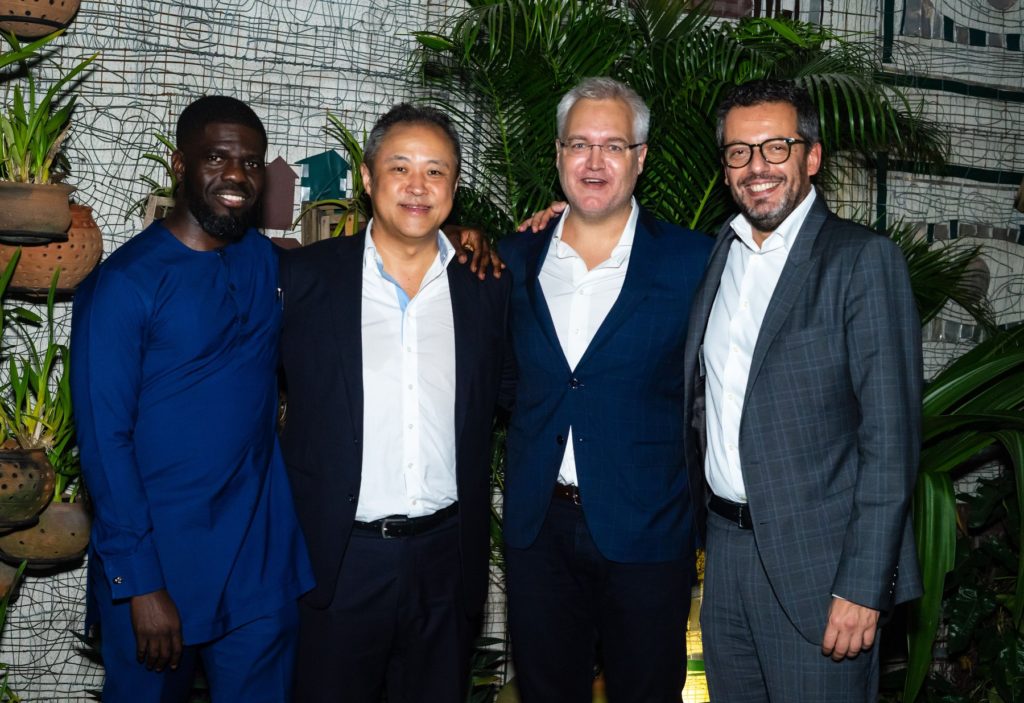
A final stage of local screening involves more interviews by a local selection panel (LSP), comprised of four to eight local mentors and board members. Selected candidates are recommended for an international selection panel (ISP). LSPs are held four times a year in Lagos, while ISPs are held eight times a year in different locations around the world.
Why all the stress though?
Being an Endeavor entrepreneur guarantees that when your company aims to raise at least $5 million, Endeavor Catalyst will participate in the round if you want them to.
That’s attractive but is that enough to put yourself through the multiple screenings?
Chijioke Dozie, Carbon’s co-founder, found the process useful for validating his startup’s value offerings. His own international selection panel was held in Turkey and, as is the tradition, the six members of his panel had to unanimously agree. “A unanimous decision instills a vote of confidence in Endeavor’s community of business leaders individually and collectively,” an Endeavor Nigeria representative said in an email.
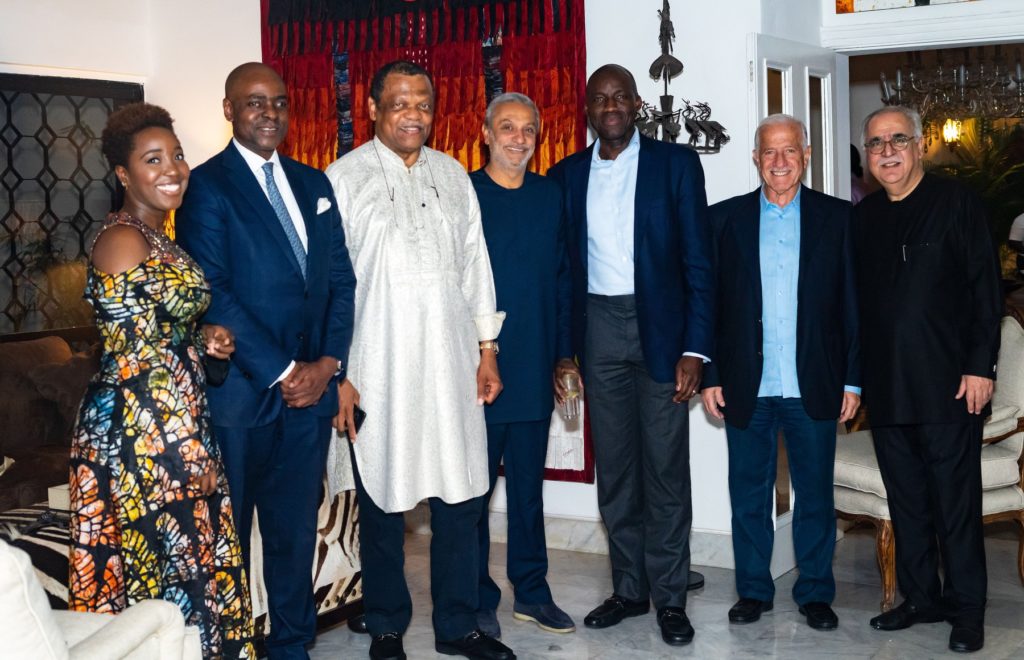
As Dozie told me, passing through the selection builds an entrepreneur’s confidence. For those who succeed, invaluable global connections could be leveraged for expansion and growth.
[Read: Nigeria’s Carbon launches in Kenya’s digital lending market]
This emphasis on the value of relationships aligns with industry realities. Last year, credit-as-a-service fintech Migo announced its expansion to Brazil, with a further target to break into the US. As we later learned, the expansion was a consequence of leveraging investor and mentor networks.
Where new establishment meets old money
Besides Peterside, Balogun and Halima Aliko-Dangote, Endeavor Nigeria’s board also includes Interswitch’s Mitchell Elegbe, former Africa Finance Corporation CEO Andrew Alli and Amy Jadesimi, CEO of the Lagos Deep Offshore Logistics Base (LADOL). Each donated substantial sums to boost the organisation’s take-off two years ago.
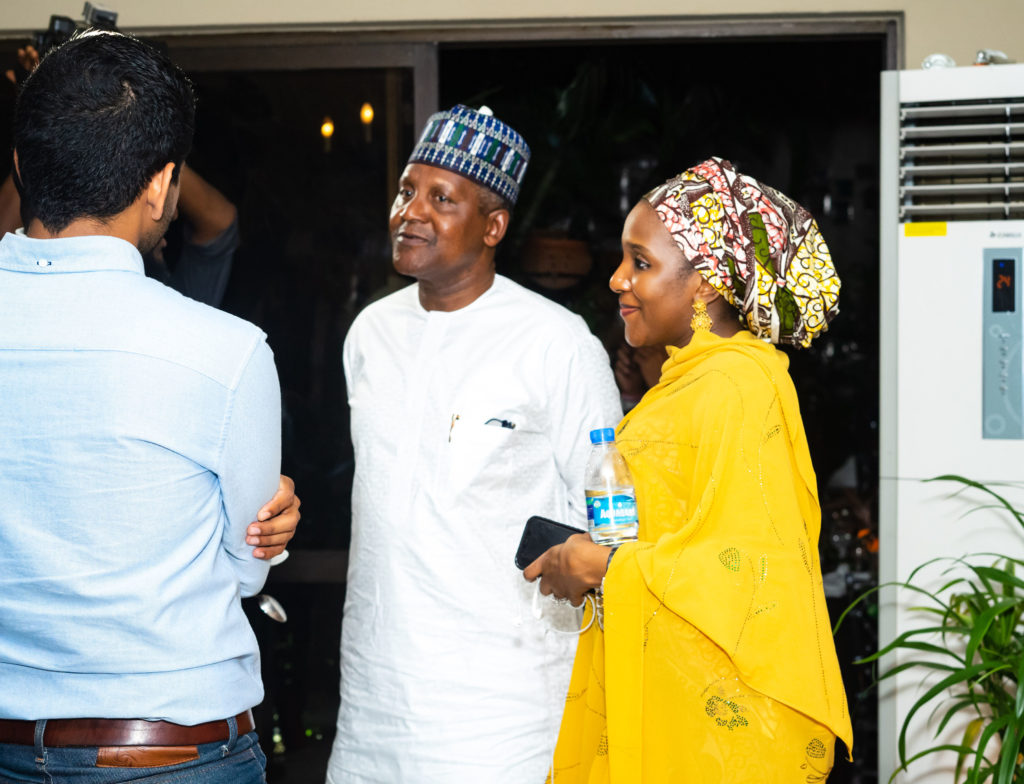
Endeavor is not looking for startups yet to find their feet. It is not an accelerator/incubator or a direct venture capital firm. Rather, they are creating a ‘Champions League’ of Nigerian tech founders.
I observe to Oyebode that there’s an exclusionary vibe to the focus on startups aiming to be $100 million companies. He disagrees, arguing that Endeavor’s attention to companies at the “scale-up” stage is just as important for building a mature ecosystem as focusing on new startups. In any case, there are a number of networks and VC firms that already focus on the up and coming.
It would not mean the end of a business’s prospect for its founder to be declined an Endeavor entrepreneur tag. Conversely, becoming an Endeavor-backed startup does not become an automatic guarantee for success.
Editor’s note: This article has been modified to remove information and figures deemed privileged by Endeavor Nigeria







